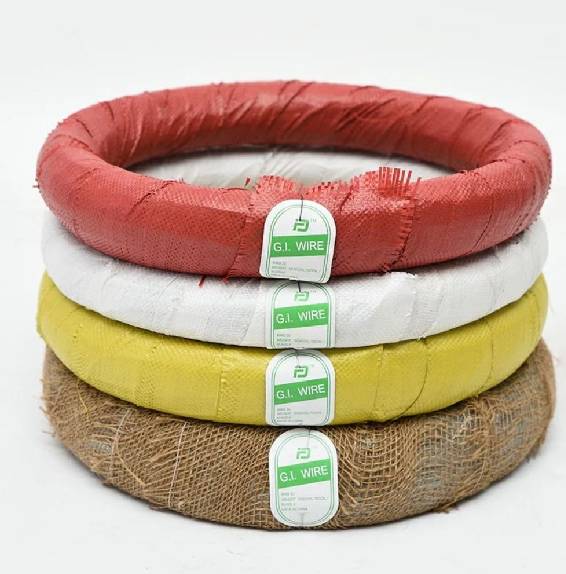chicken mesh
Understanding Chicken Mesh A Versatile Solution in Poultry Farming
Chicken mesh, often referred to as poultry netting or wire mesh, plays a crucial role in the management and welfare of chickens in various farming settings. This specialized mesh is designed primarily for the construction of enclosures, ensuring the safety and well-being of poultry while allowing for adequate airflow and visibility. In this article, we will explore the various aspects of chicken mesh, including its types, advantages, and applications in poultry farming.
Types of Chicken Mesh
There are several types of chicken mesh, each suited for different purposes. The most common types include
1. Welded Wire Mesh This type is made by welding together metal wires at intersections, creating a strong and durable mesh. It's typically used for permanent structures, such as chicken coops and run enclosures. The welded design prevents predators from easily accessing the birds.
2. Hexagonal Wire Mesh Often known as chicken wire, this mesh has a hexagonal pattern and is made of flexible galvanized wire. While it is less robust than welded wire, it is lightweight and easy to work with, making it suitable for temporary enclosures or fencing.
3. Plastic Poultry Netting This alternative to metal mesh is made of high-density polyethylene and is particularly useful for controlling smaller birds or protecting gardens from chickens. Plastic netting is lightweight, resistant to rust, and can be easier to handle than metal options.
4. Electric Fencing Although not a mesh per se, electric fencing is often used in conjunction with various types of mesh to enhance security by discouraging predators from approaching the poultry area.
Advantages of Chicken Mesh
Using chicken mesh offers numerous benefits to poultry farmers
chicken mesh

- Predator Protection The primary function of chicken mesh is to protect chickens from predators such as raccoons, foxes, and birds of prey. A well-constructed enclosure with sturdy mesh helps keep chickens safe and secure.
- Ventilation and Sunlight Chicken mesh allows for adequate airflow and sunlight, essential for the health of the birds. Good ventilation helps reduce moisture build-up and the risks of respiratory issues, while sunlight supports the natural behavior patterns of chickens.
- Ease of Maintenance With proper mesh installation, cleaning and maintaining the chicken enclosure becomes easier. Regular checks for wear and tear can be carried out, ensuring that it remains functional over time.
- Customizable Chicken mesh can be easily cut and shaped to fit various enclosure designs, allowing farmers to create spaces that meet their specific needs and optimize the environment for their birds.
Applications in Poultry Farming
Chicken mesh can be employed in various aspects of poultry farming. It is primarily used for constructing
- Chicken Coops This is where birds are housed during the night. Attractive and secure coops provide shelter from elements and predators alike.
- Outdoor Runs These allow chickens to roam freely while being protected. Outdoor runs are essential for the physical and psychological well-being of the birds.
- Gardens Many farmers use chicken mesh to protect vegetable gardens from hungry chickens. The mesh serves as a barrier, allowing farmers to grow crops without fear of being eaten.
In conclusion, chicken mesh is not merely a tool for enclosing poultry; it is a pivotal element that significantly contributes to the safety, health, and productivity of chickens. By understanding the different types of chicken mesh and their respective advantages, poultry farmers can make informed decisions that enhance their farming practices and ensure the well-being of their livestock. Whether for hobbyists or large-scale operations, investing in quality chicken mesh is a step that every poultry farmer should consider.
-
Space-Saving Chain Fence Hacks Vertical Gardening with Cyclone MeshNewsJul.16,2025
-
Innovations in Iron Nail Wire Production for Modern ConstructionNewsJul.16,2025
-
Creative Uses of Wire Netting Fence in Modern Landscape DesignNewsJul.16,2025
-
Barbed Wire Fence Innovations in Anti-Climb TechnologyNewsJul.16,2025
-
Architectural Uses of Umbrella Nails for Aesthetic Roof DesignsNewsJul.16,2025
-
Architectural Uses of Razor Barbed Wire in Secure Urban DesignNewsJul.16,2025




